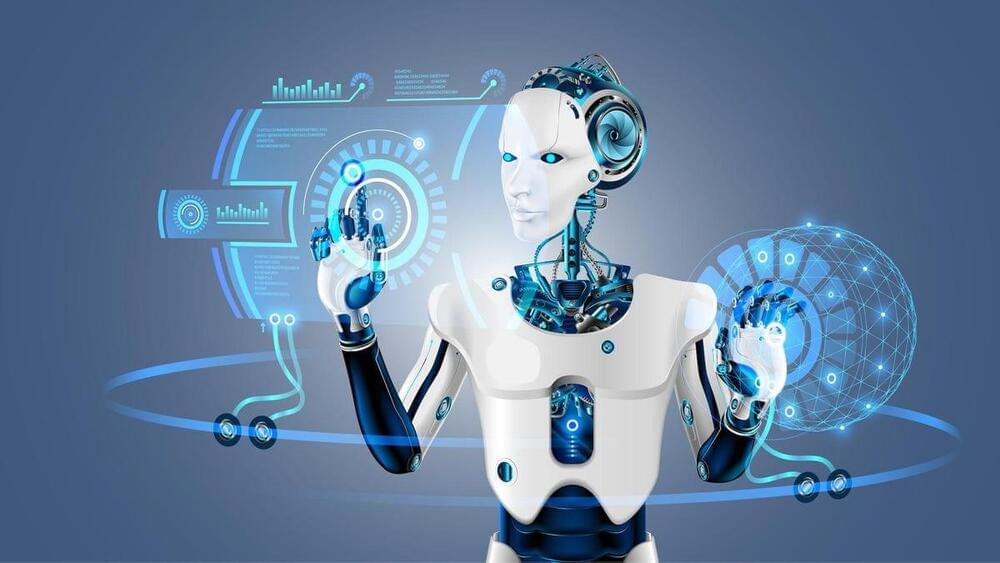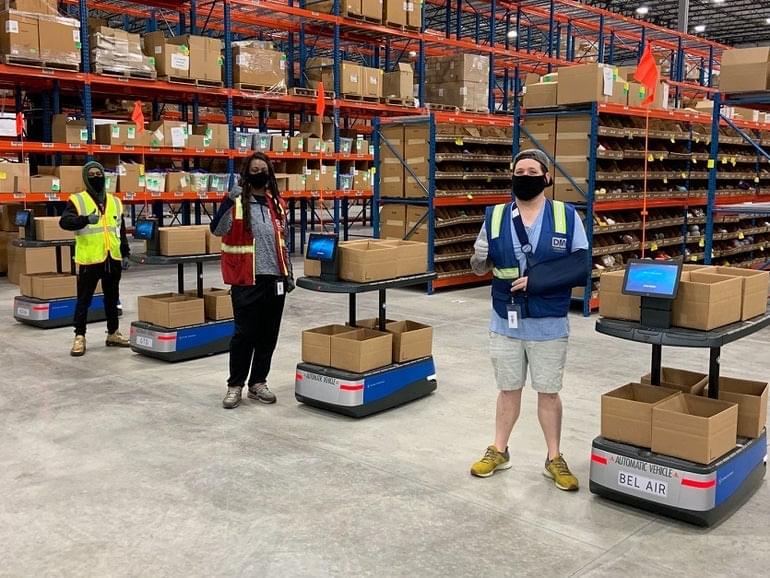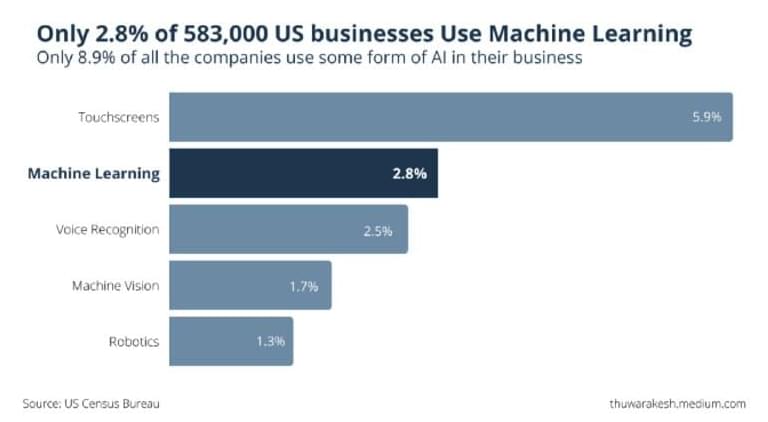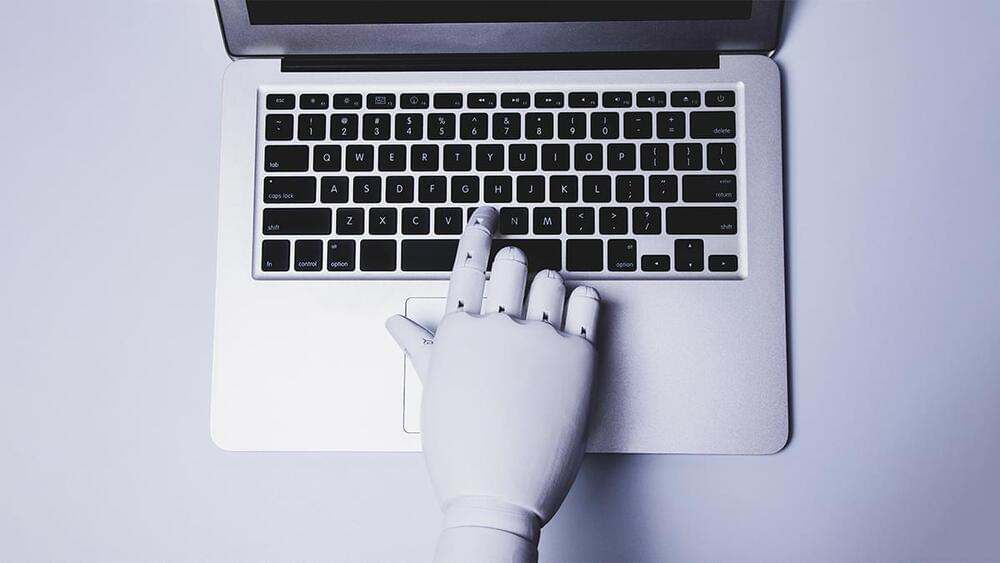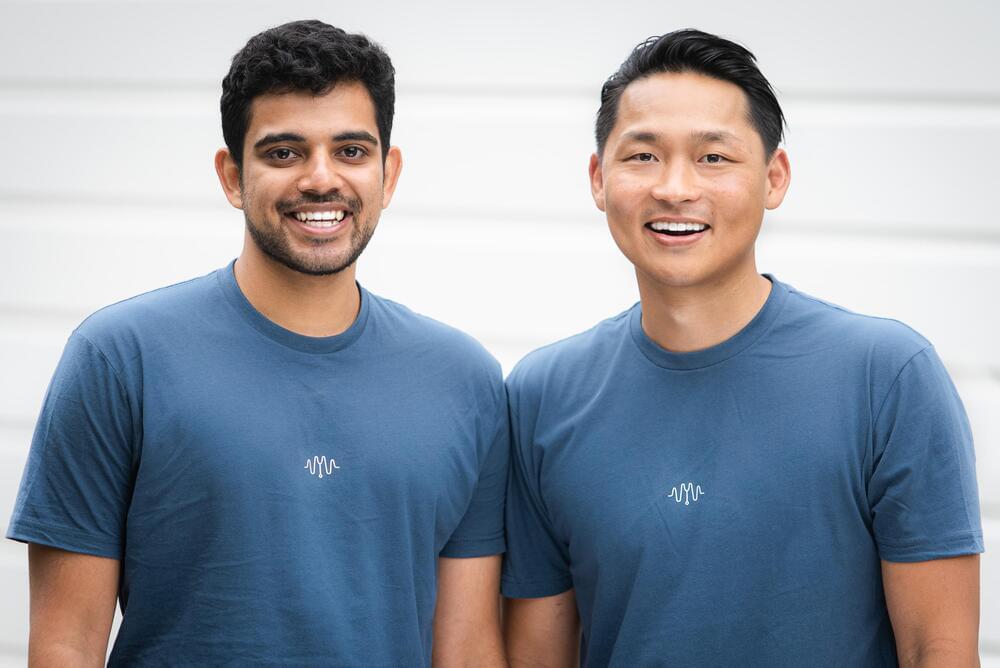It also shows you care for content in the bag.
In this age of technology, where everything connects to the cloud or needs an app, it takes a simple bit of engineering to stand out. A seatbelt for bags while you drive around like there’s no tomorrow, as reported by Gizmodo, clearly fits into this category.
The best place to put a bag of groceries or even take-out food when you are driving alone is the passenger seat, right next to you. Not only can you keep an eye on it while you drive, but it is also unlikely that you will forget it in the car and have to make a trip back to retrieve it later.
However, bags that tend to get greasy or leak out some liquid do not deserve a seat of honor and are put where they belong, on the floor. If you are with me so far, then you surely wouldn’t mind shelling out 22 dollars to get your hands on BAGO, a harness that secures the bag there.
Full Story:
